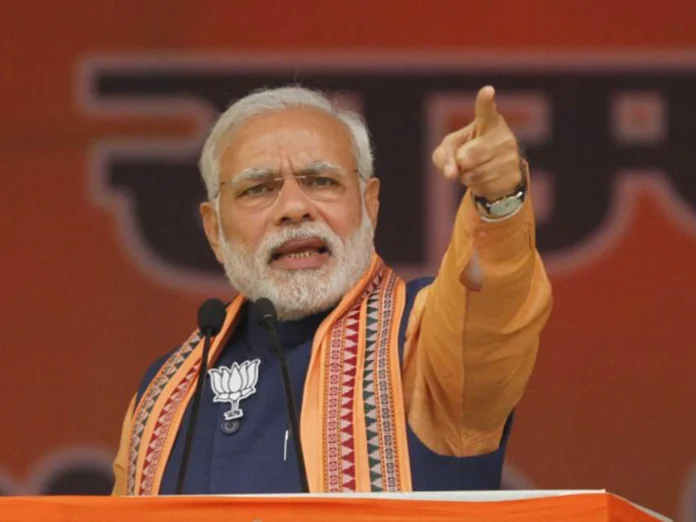Prime Minister Narendra Modi made a pivotal statement regarding the restoration of statehood to Jammu and Kashmir, signaling a new chapter in the region’s journey towards normalcy and empowerment. Against the backdrop of momentous changes implemented in the erstwhile state, PM Modi’s assertion holds profound implications for the future governance and aspirations of the people of Jammu and Kashmir.
PM Modi’s declaration comes at a critical juncture in the history of Jammu and Kashmir, following the abrogation of Article 370 and the bifurcation of the state into two Union Territories in August 2019. These bold measures, aimed at integrating the region more closely with the rest of India and fostering socio-economic development, sparked both hope and apprehension among the people of Jammu and Kashmir.
The prospect of restoring statehood to Jammu and Kashmir represents a significant step towards addressing the aspirations and concerns of its residents, who have long clamored for greater autonomy and representation in the decision-making process. By pledging to reinstate statehood, PM Modi reaffirms the government’s commitment to fostering democratic governance and inclusive development in the region.
Moreover, PM Modi’s assertion underscores the government’s confidence in the prevailing peace and stability in Jammu and Kashmir, following the gradual easing of restrictions and the restoration of normalcy in the region. The move towards reinstating statehood reflects a belief in the capacity of the people of Jammu and Kashmir to actively participate in shaping their own destiny and charting a course towards progress and prosperity.
The announcement also carries broader geopolitical implications, as the restoration of statehood to Jammu and Kashmir is likely to have far-reaching consequences for regional dynamics and India’s relations with its neighbors. By addressing longstanding grievances and aspirations within Jammu and Kashmir, the government aims to create an environment conducive to peace and stability in the region, paving the way for enhanced cooperation and engagement with neighboring countries.
PM Modi’s declaration has been met with a mixed response from various quarters, with some welcoming it as a positive step towards reconciliation and empowerment, while others remain skeptical about the government’s intentions and the implications of the move. Critics argue that the restoration of statehood must be accompanied by meaningful political dialogue and the restoration of civil liberties to truly address the grievances of the people of Jammu and Kashmir.
Furthermore, PM Modi’s statement has ignited speculation about the timing and process of restoring statehood to Jammu and Kashmir, with many anticipating that it could coincide with the upcoming assembly elections in the region. The prospect of holding elections under the restored statehood status adds a new dimension to the political landscape of Jammu and Kashmir, offering residents an opportunity to actively participate in shaping the future governance of their region.
In addition, PM Modi’s bold declaration regarding the restoration of statehood to Jammu and Kashmir marks a significant milestone in the region’s journey towards empowerment and integration with the rest of India. The announcement reflects the government’s commitment to addressing the aspirations and concerns of the people of Jammu and Kashmir and fostering democratic governance and inclusive development in the region. As the region prepares for the next phase of its political evolution, the restoration of statehood holds the promise of a brighter and more inclusive future for the people of Jammu and Kashmir, grounded in principles of peace, stability, and democratic governance.

